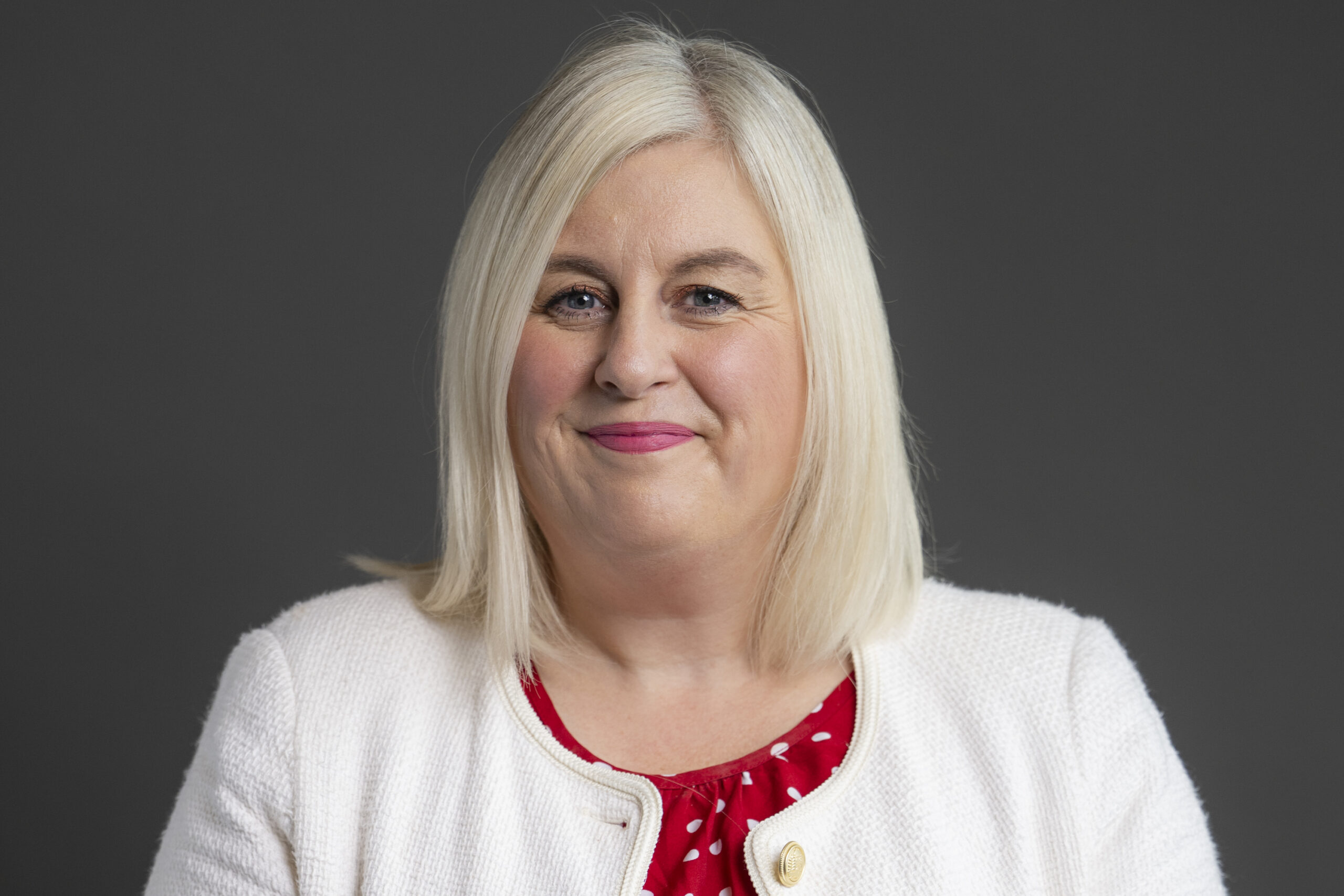During Baby Loss Awareness Week, Parliament came together for one of the most moving debates of the year – a debate that, for many of us, is deeply personal.
As I stood in the Chamber, I did so not only as a Member of Parliament, but as a harmed mother from Nottinghamshire. I gave birth to my son by emergency C-section after being ignored and mistreated by professionals who were supposed to care for me. My son was not placed in my arms when he was born. He was rushed to a consultant to start him breathing. That moment changed my life forever.
For too long, the heartbreak of baby loss has been whispered about in the shadows – treated as private sorrow rather than a public failure. But behind every statistic is a story, and behind every story is a family who deserved better. When families lose a baby, they do not just lose a child. They lose first breaths, first steps, first days of school, and a lifetime of “I love yous.” They lose hope.
It is time to speak honestly about what is going wrong. Maternity services in this country are fundamentally broken. Preventable errors, missed warnings, and chronic understaffing have cost too many lives and shattered too many futures. Almost one in five stillbirths and neonatal deaths could have been prevented through better care. That is not a tragic inevitability – it is a national scandal.
I was the first elected member in Nottinghamshire to call for an independent review into maternity services at Nottingham University Hospitals NHS Trust back in 2020. I did so because I was hearing from families – hundreds of them – whose experiences mirrored my own. Women who weren’t listened to. Parents blamed for outcomes that were not their fault. Families forced to relive their worst moments again and again because the system refused to be honest.
During Baby Loss Awareness Week, I called for three things: continuity of care, accountability, and culture change.
First, we must restore continuity of care. When women see the same midwife throughout pregnancy, trust builds and risks are spotted sooner. It’s particularly vital for Black, Asian, and minority ethnic women, who face higher risks and poorer outcomes. Continuity saves lives, yet it has been eroded by workforce shortages and poor management.
Second, there must be accountability. Regulators such as the Care Quality Commission, the Nursing and Midwifery Council, and the General Medical Council have too often looked the other way. In Nottinghamshire, families raised concerns again and again and nothing was done. To this day, no one has been held to account. This is reflected across the country, not just in Nottinghamshire. Accountability should not mean blame or punishment, but honesty – the ability to say, “This went wrong, and this is how we’ll fix it.”
Finally, we need a culture change around birth. For too long, women have been judged on how they give birth – as if a C-section is a failure rather than a lifesaving procedure. The safest birth is the most informed birth. Every woman should have access to the information she needs to make the right decision for herself and her baby, free from stigma or pressure.
We cannot bring back the precious babies we have lost, but we can honour their memory by making sure no family ever endures the same pain again. I want a future where every mother walks into a delivery room knowing she will be listened to, respected, and safe.
I was encouraged that the Health Secretary, Wes Streeting, responded to the debate by echoing that message. He said, “In the spirit set out by my honourable friend, the Member for Sherwood Forest, that ‘grief must be the engine of change’. The stories I have heard from those families firsthand will be the steel in my spine to deliver the change they need.”
This is no longer just a campaign; it is a movement. A movement led by families, midwives, charities and campaigners.
Grief must become the engine of change – not a reason for silence.
For every baby gone too soon, and for every mother and father left behind, we owe them nothing less.
Grief from baby loss must become the engine of change – not a reason for silence


